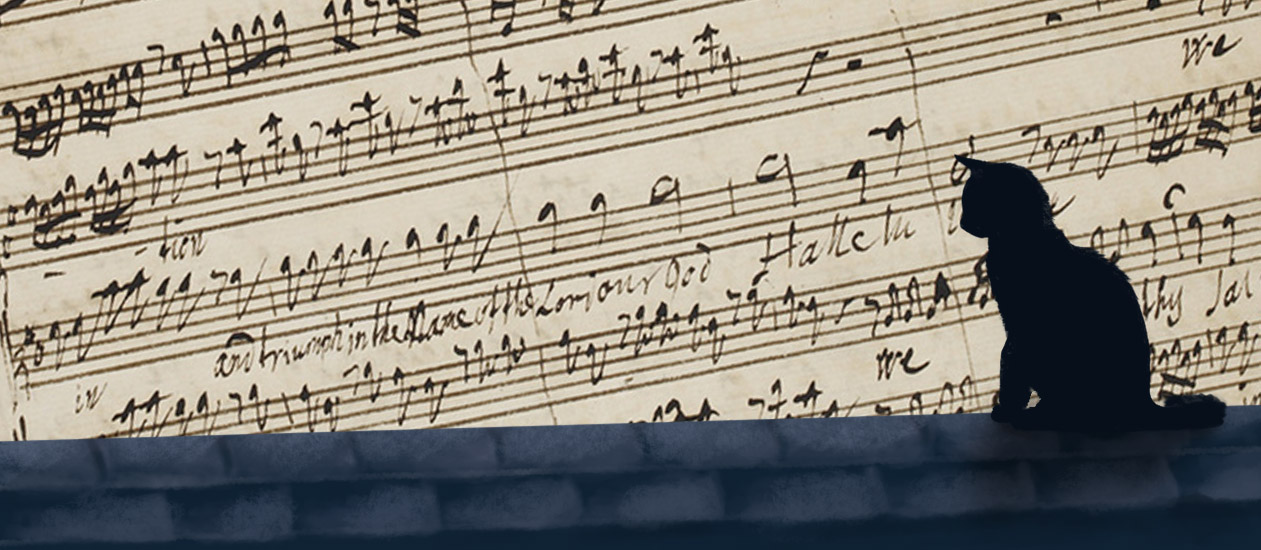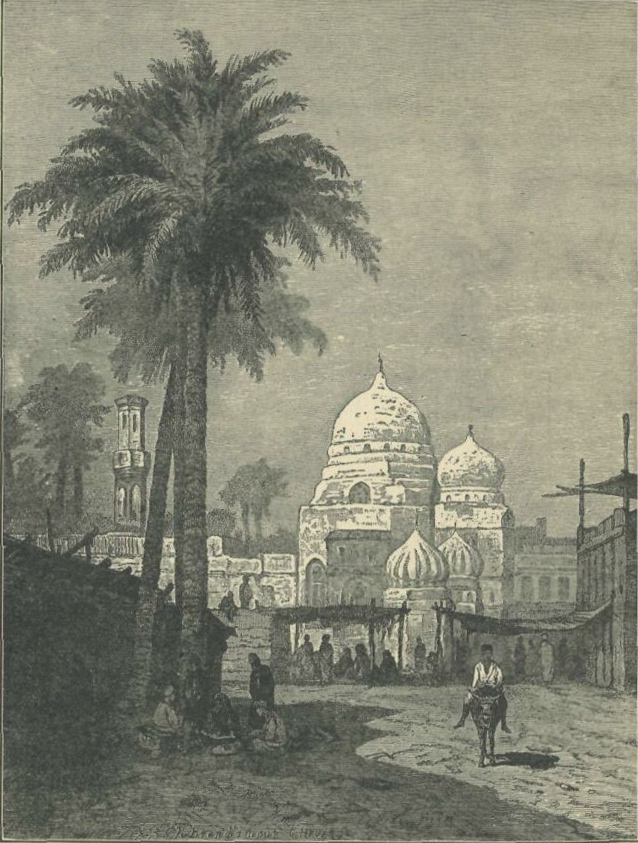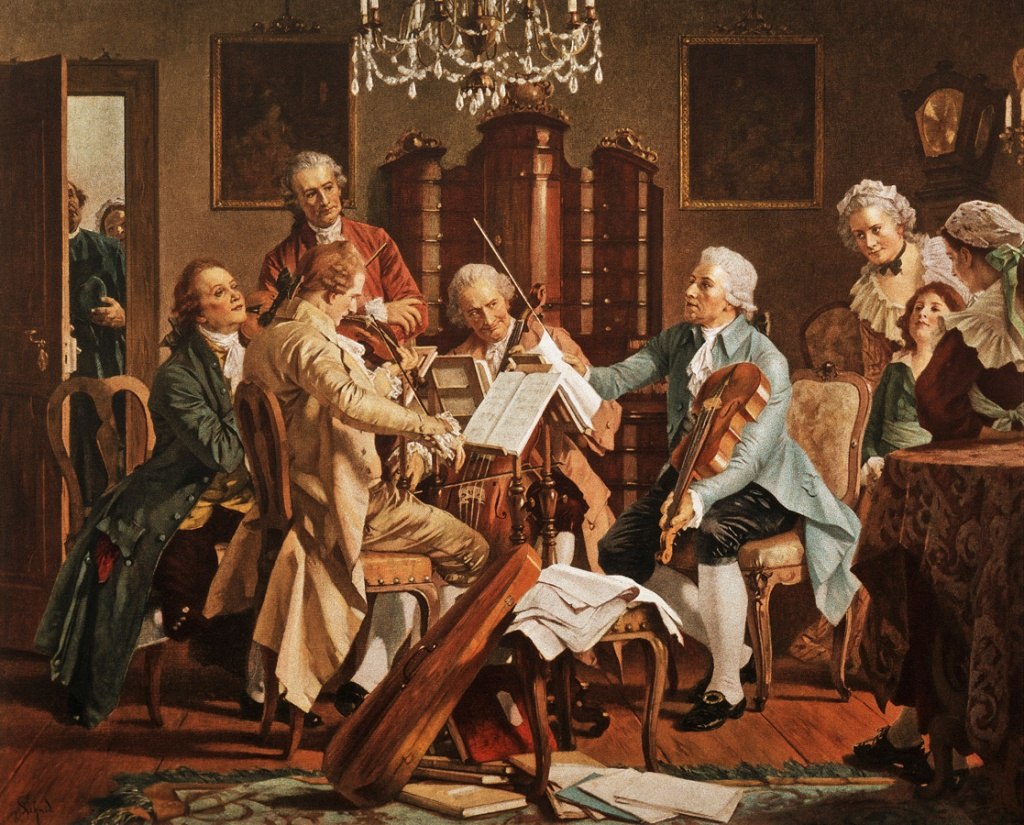Anna Solomon
حَنَّة بنت سليمان العليّة (Hana bint Sulayman al-Aliyya)
You cannot imagine my shock at the conclusion of the service, when I inquired with the priest about the sublime music that had featured and was informed that the musician was none other than a little girl. I thought I was dreaming when the priest stated that the girl had also composed the piece!
Anna Solomon, born Hana bint Sulayman, is one of Venice's most celebrated musicians. Born in Cairo to a merchant of modest earnings, she quickly showed herself to be a musical prodigy.
Soul Guide
Anna's soul guide is an orange Somali cat named Musa. He is a type of cat that would most likely be described as a "dumb baby".
Musa is not graceful, gets easily distracted by small moving objects, and frequently wanders off or falls behind, only to run yowling down the street in his need to catch up to her. He can be very clever, when he isn't attempting to leap off of a table, underestimates the distance, and falls flat on his face.
Still, Anna has always been fond of Musa. Soul guides reflect the attitudes of their humans, and Anna has always held deep affection for her dumb baby. They share a general unluckiness and a passive sense that of course the world is not going to work out well for them so they might as wall flail onward.
Anna especially clung to Musa after leaving Egypt and found him to be her only connection to home. She's said that writing music just doesn't feel right if Musa isn't trying to eat her quill as she writes.
Physical Description
General Physical Condition
Anna is a short woman with a round face and a mess of curly hair. Living in Cairo, the crossroads of Asia, Africa, and Europe, has given her an eclectic ancestry that is primarily a mixture of sub-Saharahn African and Arabic. She is typically seen with bruises or scrapes - evidence of her klutzy nature - and if you spend any length of time around her, you'll likely grow tired of her frequent humming.
Special abilities
As a side-effect of being Delinquent, Anna has the same traits as someone who is Sighted. She is able to see ghosts, and can communicate with them as easily as she would talk to another person. In fact, she often has trouble figuring out a person is a ghost at all unless they mention it. She is also able to hear the voices of soul guides, so her cat Musa has become a close friend to her.
And additional trait of being delinquent is that she does not have a fate. Her fate stopped being written at her scheduled death, so diviners can't see her in the Tapestry and she has no idea when or how she might eventually die. She is unable to get a proper job, as employers are frightened of her status. She is considered half-dead, and barely better than someone who is Unbound.
Mental characteristics
Personal history
Childhood
Anna - known as Hana in her childhood - was born 1771 in a sandstone house with un-glassed windows looking onto a boulevard lined with date trees. Cairo in the 1770s was a booming trade town thanks to the Cairene Canal, which helped her merchant father earn a generous living. Her family belonged to the Church of Venice since her grandparents converted in the 1740s, but before that, they had been Coptic Christians. They were a minority in the Muslim-majority Cairo, but received preferential treatment by the Venetiain colonial rulers. They were not a wealthy family, but by no means impoverished.
She was the first born, and when she was two years old, she received a younger brother, Jibril. Her mother died of complications during Jibril's birth, leaving the siblings to be raised by their father, Sulayman.
Known Languages
Arabic [Native]
Venetian/Italian [Fluent]
French [Near-Fluent]
Coptic [Able to read the alphabet and some religious words/phrases]
Discovering Music
Anna discovered a love of music at a young age. Their neighbour next door, Ya'qub bin Ibrahim al-Tayyib, was a musician, and as a toddler, Anna spent the evenings lying outside under the date trees and listening to him practice. When she was four, he invited her in to demonstrate how to play the kissar. She watched with amazement, followed by his own amazement when he offered to let her pluck the strings and she mimicked the pieces he'd been playing with startling accuracy.
At home, Jibril was the favoured child. As the oldest son and the lest remnant of his mother, their father focused his attention and affection on him. He was not cruel to Anna, and regularly brought her gifts after succsesful days at the market, but Jibril was always his priority. Meanwhile, Anna spent more and more time with Ya'qub. She learned to play the kissar from him and by the time she was six, she had begun writing her own simple tunes. He introduced her to his musician friends, who were happy to share the techniques of playing their own instruments with the precocious girl. By the time she was seven, she was a competent player of the kissar, harpsichord, and fiddle.
Her father was impressed and proud of her abilities. He was happy to show her off to the community, and she began playing during church services when she was eight. This is what led to the biggest breakthrough in her burgeoning career.
Leaving Cairo
When she was 11, the priest was approached at the end of the service by a nobleman from Venice who was curious about the music played. The man, Salvi Caldarini, was a composer and was astounded to meet the prodigious Anna. Caldarini stayed a few days more to hear more of her music, and then asked her father if he would allow him to take the girl to Venice to play for the royal courts of Europe.
Sulayman agreed. Though he would miss his daughter, he saw it as a once-in-a-lifetime opportunity for her to achieve the recognition and training she deserved. For her part, Anna was ecstatic to travel and see the world beyond Cairo. With a twinge of guilt, she was more upset to say goodbye to Ya'qub than to her own father.
Anna travelled to Venice with Caldarini and lived in his villa. After growing up in the desert, it took her a while to get used to Venice's many canals and dampy alleyways. She loved the adventure, however, and Caldarini often had to send servants out scouring the streets for her to drag her back in for lessons. She had never received formal schooling in Cairo, so tutors were assigned to give her an education befitting the ward of a nobleman. She was taught the Venetian language along with French, as well as history, literature, and mathematics.
The only classes she enjoyed were the musical ones. Caldarini personally mentored her in the workings of a formal orchestra and operatic history. She played for the Doge when she was 12, and at 13, the pair toured through Italy and southeastern France. By the time she was 16, people were saying she was close to surpassing her master.
Musical Genius
Her personal relationship with Caldarini deteriorated after that. They were never close as anything but mentor and student, but as Anna's prodigious talent grew, Caldarini grew to resent her. As her ward, he had a legal duty to house and support her until she wed, but marriage prospects were hard to come by for the career-focused, foreign, dark-skinned, and clumsy woman.
When she was 21, Anna was invited by a French noble to play for his household court. She and Caldarini travelled to Paris for the performance. Just after they arrived, however, revolutionaries stormed the palace and arrested the royal family. The aristocracy fell into chaos, the performance was cancelled, and the pair were out all the money spent travelling there.
To make matters worse, the day after their arrival, Anna came down with a bad stomach flu. After spending the day and the entire night writhing in pain, weak and sweaty, Anna awoke to find that Caldarini had left the inn without her, but taken all of her belongings of any worth. Even worse, her soul cat appeared before her, deeply apologetic, and explained that she had been supposed to die of her illness the night before, but he had become sidetracked by a patch of catnip and only just recently come to his senses.
Anna was now Delinquent, meaning her life was technically over but she had missed her appointed death. She was still alive, but no longer had a fate and found herself in a confusing limbo. She still felt ill, she had suddenly entered a limbo world of still being alive but being able to see ghosts and speak to soul guides, and Caldarini had left her for dead and returned to Venice with all of their money. Anna was in a bit of a pickle.
Gender Identity
Female
Current Location
Conditions
Year of Birth
1771 AD
23 Years old
Circumstances of Death
Anna was fated to die on August 10th, 1792. She did not, and became Delinquent.
Birthplace
Children
Eyes
Brown
Hair
Dark brown, very curly
Height
5'2"
Venetian/Italian [Fluent]
French [Near-Fluent]
Coptic [Able to read the alphabet and some religious words/phrases]
This article has no secrets.





